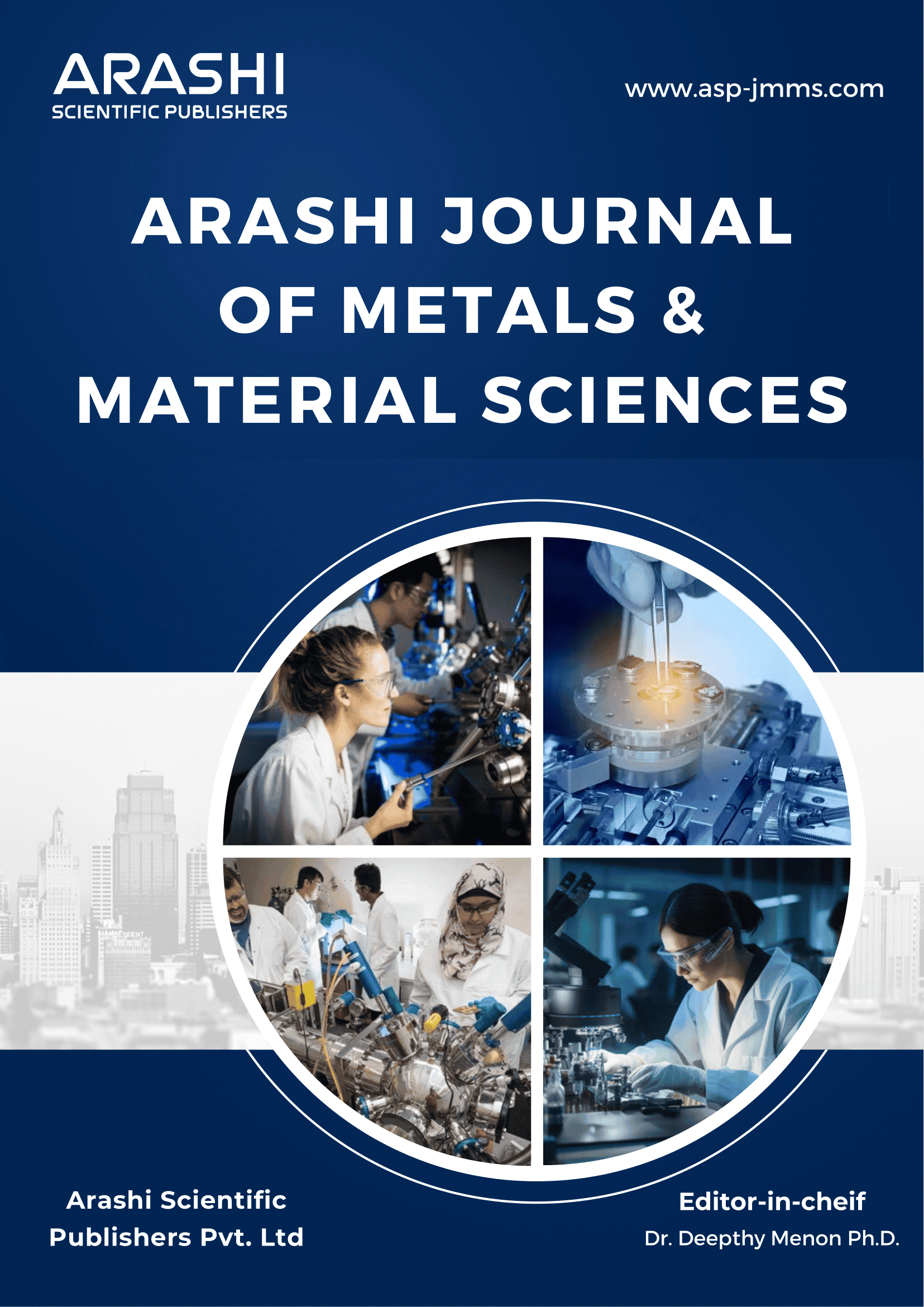Cover Image

-Photoroom.png)
Arashi Journal of Metals & Material Sciences strives hard toward the spread of scientific knowledge, and the credibility of the published research paper completely depends upon an effective peer review process. Reviewing a manuscript is an important part of the publication process. Reviewers are asked to make an evaluation and provide recommendations to ensure the scientific quality of the manuscript is on par with our standards. The reviewers of Arashi Journal of Metals & Material are requested to provide authentic review comments for the respective manuscript. A reviewer has to review the articles received from the editorial office or the editor within the specifically mentioned timeline.
General Principles
Review Process
Evaluation Criteria
Ethical Considerations
Review Report
Communication
Final Decision
Thank you for your valuable contribution to the Arashi Journal of Metals & Material Sciences peer review process. Your expertise and dedication are essential in upholding the quality of published research.